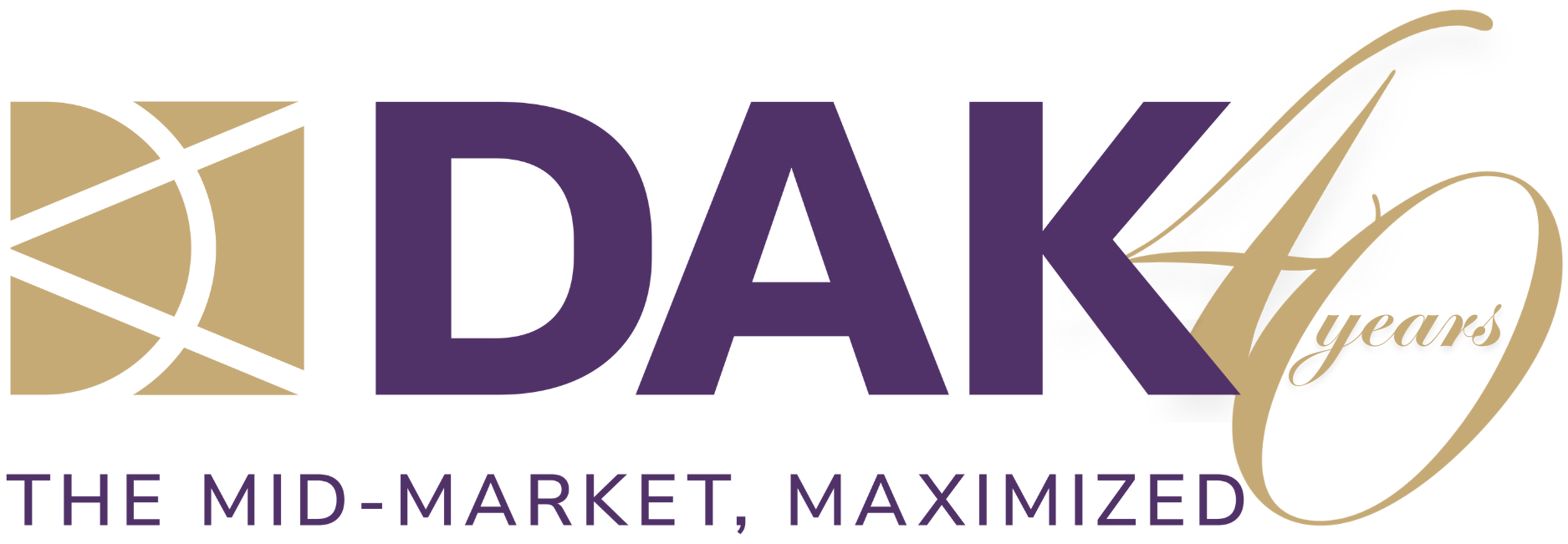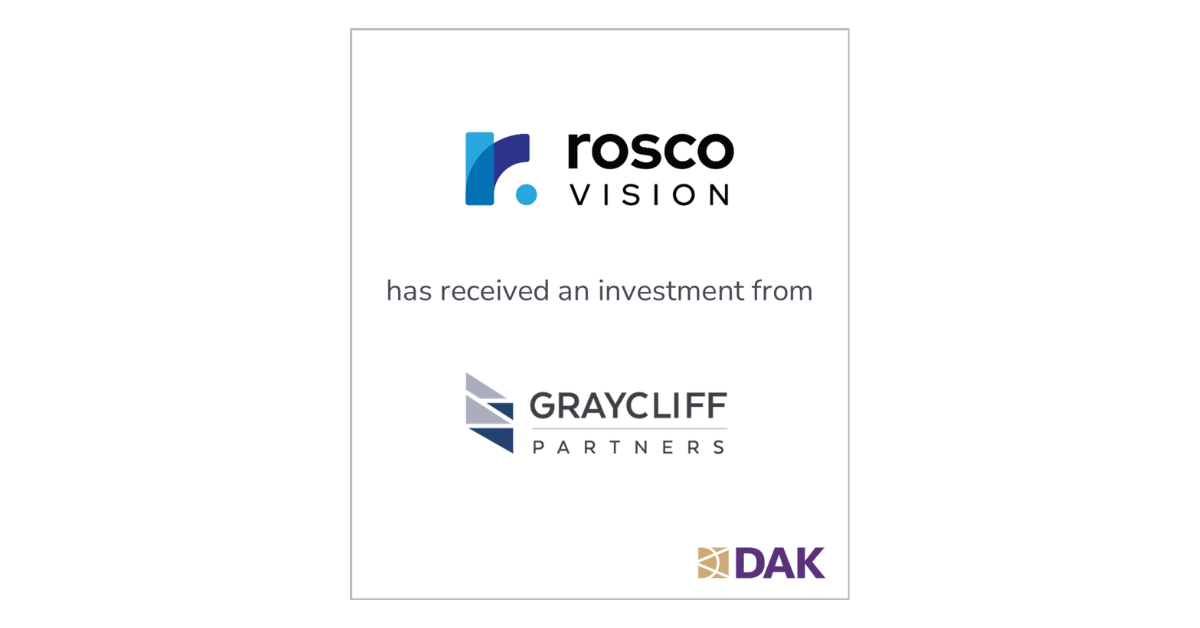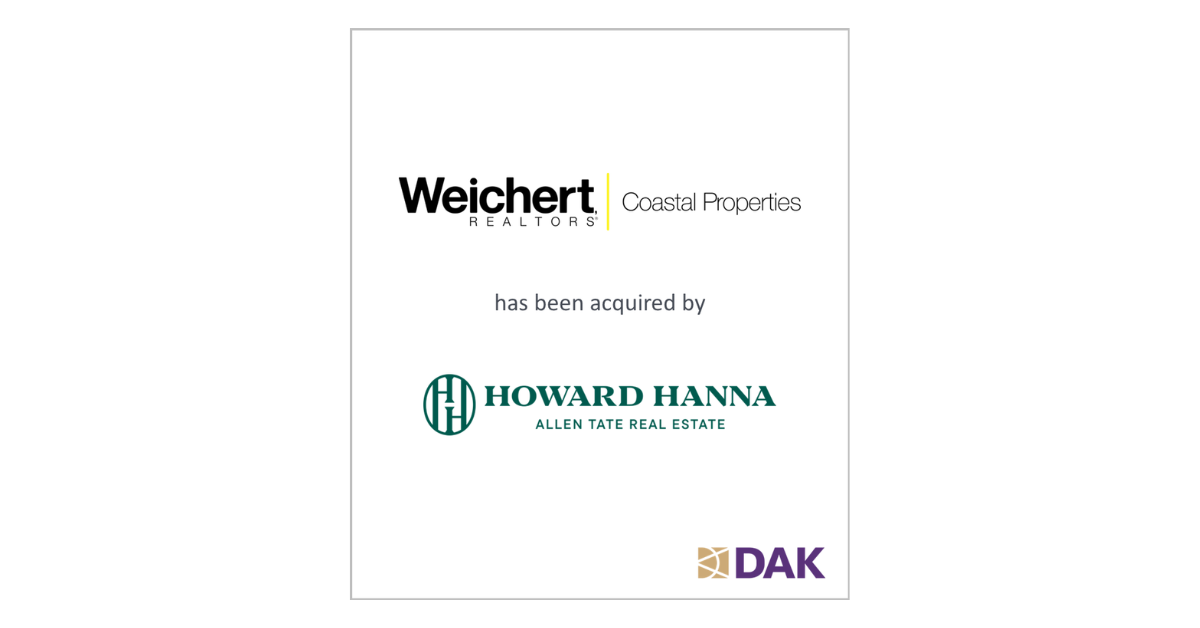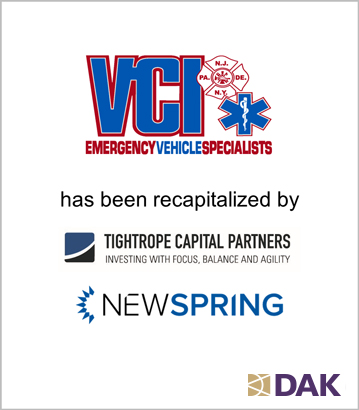In a recent letter to the industry, it was announced that 88-year-old Birmingham, AL-based Mayer Electric Supply, with 57 locations in 12 states, would purchase The Hite Company, a nearly 70-year-old Altoona, PA-based firm with 22 locations in three states and over $143 million in sales.
“Mayer Electric shares a common culture with The Hite Company and is a perfect fit for The Hite Company to continue to grow and expand as the Northeast Division of Mayer Electric Supply,” shared T. Scott Lawhead, President and CEO of The Hite Company, which will retain its name and nearly 300 full-time associates in the transaction.
Effective March 26, 2018, the merger brings together two of the industry’s stronger family-owned businesses in a move that begs the question of whether such a development could be the first of many similar actions by other independent distributors looking to compete against large national and online competitors.
To help answer that question, tED magazine tapped M&A expert Ari Fuchs, Director at DAK, a Rochelle Park, NJ-based investment bank that focuses on business sales, mergers, and acquisitions exclusively with middle market companies. Following, Fuchs shares insights on the recent development between The Hite Company and Mayer Electric and why current market conditions may spur on similar activity among other independent players within the electrical distribution industry.
tED magazine: Much of America’s electrical distribution business is comprised of independent, multi-generational, family-owned businesses just like Mayer Electric and The Hite Company. Do you feel that their announcement reflects a taste of things to come and that family-owned businesses are going to need to engage in partnerships, mergers, and acquisitions among each other to compete with larger national and online players?
Fuchs: There’s clearly a lot of disruption going on in the market today regarding new technologies, market entrants, etc. and change is occurring faster than ever, which has subsequently changed the risk profile of family-owned businesses. At DAK, we conduct regular studies on family-owned businesses; 15 years ago, the average age of a seller was 67 years old. We recently redid that study and the average age of sellers of family-owned businesses had dropped by 15 years, to 52 years old. At the same time, data reveals that less than a third of family-owned businesses today get passed down to the next generation. What happened over the last 1-2 decades to cause the average age of sellers to decline significantly and fewer family-owned businesses to remain in the family? Disruptive technology has changed the way owners approach their business. It used to be that if you sold quality products at a reasonable price, customers would come back. But the internet has made the entire industry – including other vendors and products — far more accessible. This trend is particularly amplified in the electrical distribution market where e-commerce portals such as Amazon have put a squeeze on margins. There’s more perceived risk today, which has driven business owners to sell their companies earlier.
tED magazine: Do you see more mergers/consolidations like this happening in the future in our industry?
Fuchs: Because the electrical distributor market is very fragmented, we do expect consolidation to continue. We’ll see a lot of small and mid-size distributors looking to become part of larger firms – whether through families partnering up with or selling to other families, bigger companies, private equity, or other financial entities – to shore up and gain advantages against larger players. They’ll either sell or else make themselves more valuable by refocusing their business on the products, services, and/or technologies that will enable them to become a niche player that can cater to specific markets and needs.
tED magazine: If you are an independent distributor, should you be looking to sell before everyone gets so big that you’re the only small guy left?
Fuchs: Every business needs to be thinking about what’s around the corner. Unless a family-owned, independent firm laser-focuses their business on their core strengths or new business opportunities, they should consider pursuing a future partnership or sale to a larger buyer, private equity firm, or a buyer in an adjacent industry that potentially distributes to the same channel or customer base. It’s important to take a critical look at your business and constantly be moving forward to avoid being the last man standing and/or a candidate for takeover. Though the need to pursue a transition may not be necessary or imminent, I’d advise all business owners to explore their options, develop those relationships, and make their business ready for a transaction so that if conditions dictate, they’re selling from a position of strength, not weakness. A lot of family-owned businesses sell or partner with fellow companies with similar ideals to help take some chips off the table and reduce risk. This allows them to monetize their many years of work and choose who will help extend their legacy (rather than having that decision chosen for them).
tED magazine: Have you seen this pattern of behavior transpire in other industries? If so, what might our industry learn from their experience?
Fuchs: Consolidation continues to occur in many industries, including healthcare, technology, airlines, and others. Companies elect to consolidate in order to build market share, scale, or geographic presence or to obtain more favorable pricing, procurement, and other economies of scale. One industry going through a similar evolution to electrical distributors is that of commercial integrators, who bring high-end AV and broadcast systems to corporations, retail, etc. That industry has recently been impacted by the convergence of audio visual and IT technologies and has seen projects becoming far more sophisticated for integrators. Those integrators who haven’t evolved are now fighting to compete for the more complex business and they’re innovating and consolidating in order to survive.
tED magazine: Any take-away messages you can offer independent electrical distributors regarding the future of their business?
Fuchs: The key for these business owners is to openly embrace the positive change that technology has brought to the business and harness it to build a better, stronger platform. It’s about protecting your business by being forward-thinking and not standing still. Now is the time for electrical distributors to consider growing through acquisitions or evaluating the full or partial sale of their business. One thing we know for sure is that doing nothing will have a negative impact. Owners should consider assembling an ‘A’ team of advisors, which may include experts in accounting, tax, legal, and investment banking, to assist in a strategic evaluation process and a determination of next steps for the business.
For more information, contact Ari Fuchs at afuchs@dakgroup.com.
CLICK BELOW FOR:
PRINTABLE VERSION
READ ORIGINAL






